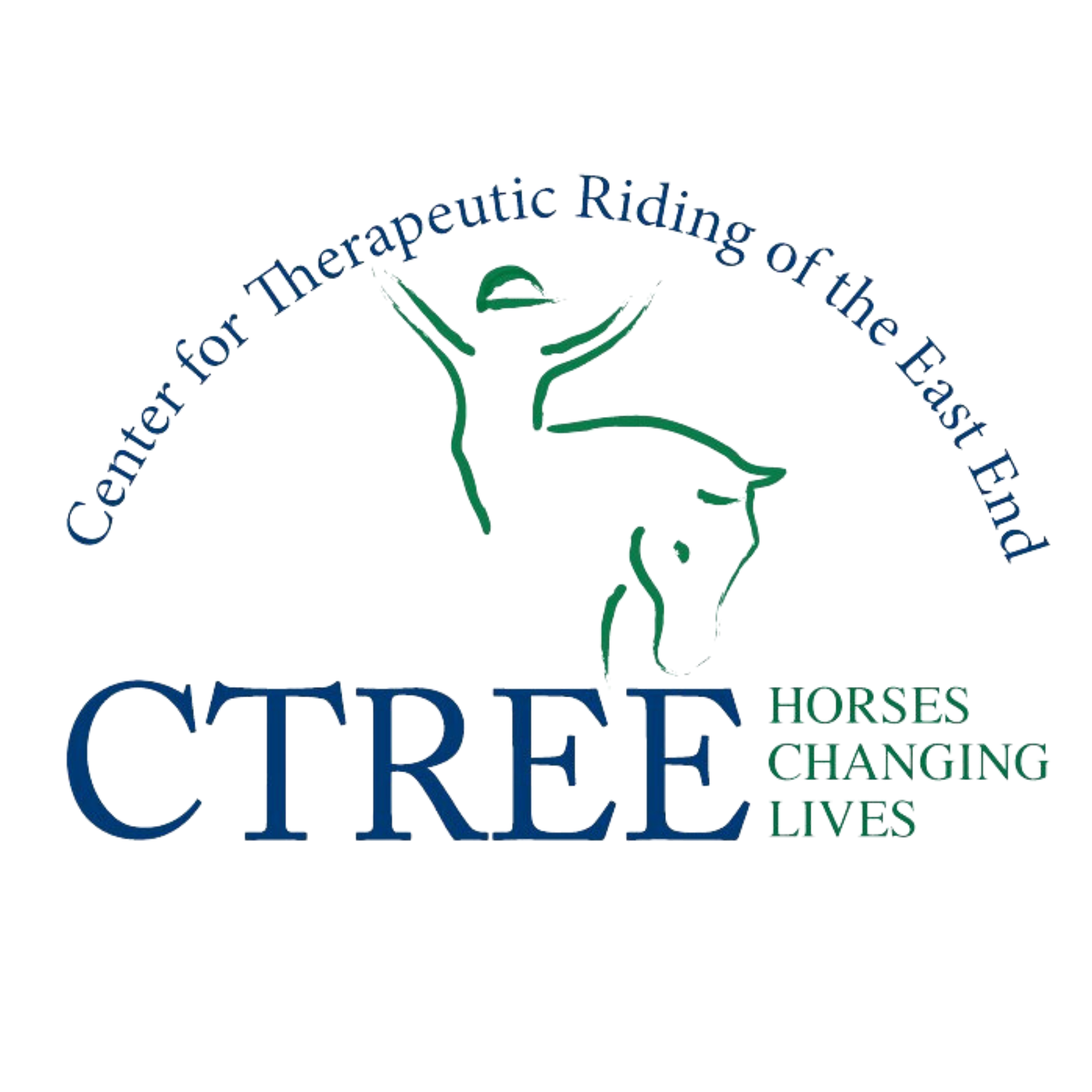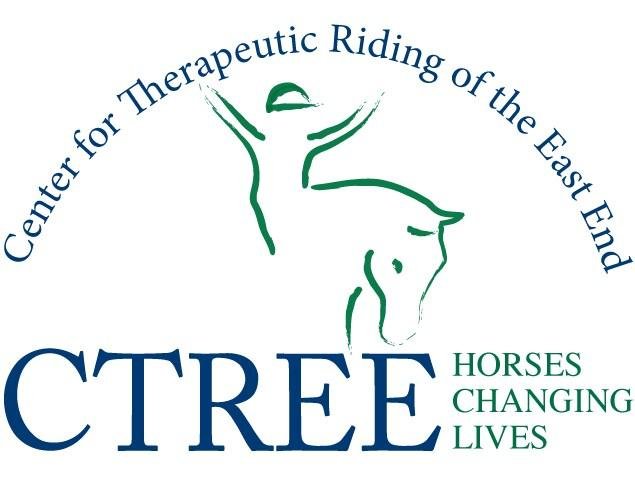
Benefits
The many benefits of Therapeutic Riding and Non-Mounted Equine Activities…
Therapeutic horseback riding and ground horsemanship are recreational and sport-based activities that naturally complement one another. The program teaches both riding and unmounted horse skills to children and adults. Participants are able to learn riding skills in a safe and judgement free environment that is empowering and fun. On the ground, the participant is able to tend to their horse and experience a stronger bond than riding alone. Participants learn about horse anatomy, grooming, first aid and healthcare, feeding and watering, leading and lunging, and horse breeds and colors and history. Other benefits include physical improvements like increase in core strength and fine motor skills; cognitive improvements like increase in ability to perform multi-step directions; emotional improvements like the increase ability in self-regulation, and social skills such as an increase in confidence to communicate with peers.
Physical
The horse’s movement has a dynamic affect on the rider’s body. The motion of the horse stimulates the rider’s pelvis and trunk in a manner that closely resembles the normal gait of a human walking. This input can produce specific physical changes in the rider’s body, including normalization of muscle tone, increased endurance, and improvements in posture, balance, and coordination.
Sensorial
The horse and the riding environment offer a wide variety of sensory integration experiences for participants. The movement of the horse provides valuable vestibular and proprioceptive input. The many sights and sounds, scents and tactile experiences encountered in the riding program all contribute to a multi-dimensional sensory experience that can have profound benefits for riders.
Emotional
The success of overcoming fear and anxiety, and the ability to achieve riding and other related skills help individuals to realize self-worth and increase self-esteem. The companion-animal bonding and development of new skills are all critical components to the success of the experience. Relationships develop between participants, volunteer, horses, and staff and are all an integral part of a positive, emotional experience.
Cognitive
Communicating with the horse provides a strong motivator for participants. Riding lessons incorporate activities and games on horseback designed to help attain specific goals such as following multi-step directions, staying on task, color, number and letter recognition, right/left identification/co-ordination, and reinforcing existing skills as well as learning new ones.
Social
Therapeutic riding programs and their associated activities provide an excellent opportunity for participants to interact with their peers, family members, program volunteers and staff in a positive and enjoyable environment.
“The therapist confirmed our son’s improved posture following several months of riding Mosely—it’s thrilling to see! ”
— Parent of CTREE Rider


